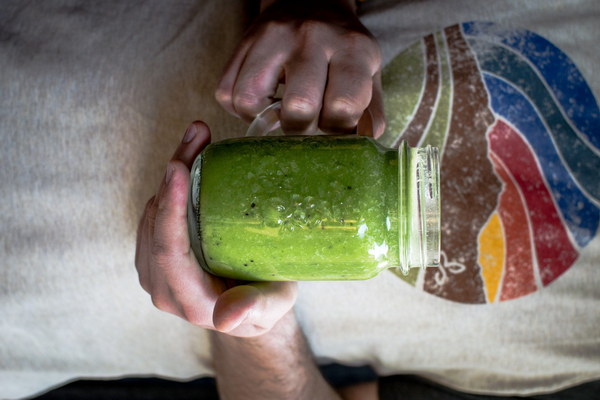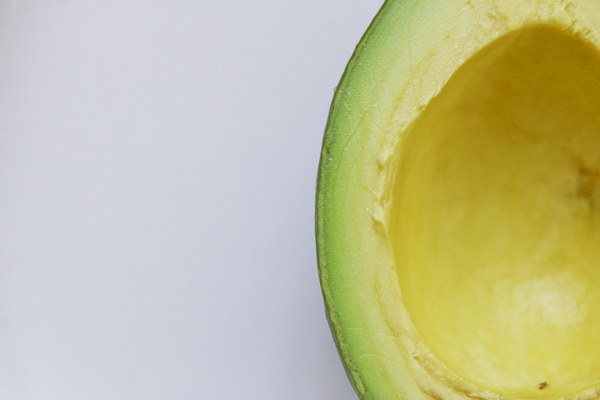Nurturing Your Health Post-Tibet Travel Body Care Guide
After a thrilling journey through the majestic landscapes of Tibet, it's essential to take care of your body to recover and rejuvenate. The altitude, climate, and unique terrain can take a toll on your physical well-being. Here's a comprehensive guide to help you nurture your body after your unforgettable trip to Tibet.
1. Hydration is Key
One of the most critical aspects of post-Tibet body care is staying hydrated. The high altitude can dehydrate you quickly, so make sure you drink plenty of water throughout your trip and after returning home. Aim to drink at least 2-3 liters of water daily to replenish lost fluids and support your body's recovery process.
2. Rest and Recovery
Your body will need time to adjust to the lower altitude and recover from the physical demands of your trip. Ensure you get plenty of rest, and try to avoid any strenuous activities immediately after your return. Allow your body to adapt gradually to a lower altitude, as sudden changes can lead to altitude sickness symptoms.
3. Nutrition and Supplements
A balanced diet rich in essential nutrients will help your body recover. Focus on consuming a variety of fruits, vegetables, whole grains, lean proteins, and healthy fats. Additionally, consider taking supplements like multivitamins, omega-3 fatty acids, and vitamin D to support your body's healing process.
4. Warmth and Comfort
After returning from Tibet, your body may still be adjusting to the colder temperatures. Keep yourself warm by wearing appropriate clothing, using a heated blanket, and taking warm baths or showers. This will help relax your muscles and promote overall comfort.
5. Gentle Exercise
To aid in your recovery, engage in gentle exercise such as walking, yoga, or light stretching. These activities can improve circulation, reduce muscle stiffness, and enhance your mood. Gradually increase the intensity of your workouts as you become more comfortable.
6. Monitor Altitude Sickness Symptoms
Keep an eye out for altitude sickness symptoms, such as headache, nausea, dizziness, fatigue, and insomnia. If you experience any of these symptoms, seek medical attention immediately. In some cases, descending to a lower altitude may be necessary to alleviate symptoms.

7. Mindful Breathing Techniques
Practicing mindful breathing exercises can help reduce stress and promote relaxation. These techniques can be particularly beneficial if you're feeling overwhelmed or anxious after your trip. Try deep breathing exercises, meditation, or progressive muscle relaxation to help your body and mind unwind.
8. Keep a Journal
Documenting your post-Tibet recovery journey can be both therapeutic and informative. Keep track of your symptoms, activities, and any changes in your well-being. This will help you identify patterns and adjust your care plan as needed.
9. Seek Professional Advice
If you have any concerns or questions about your recovery, don't hesitate to consult a healthcare professional. They can provide personalized advice and address any specific issues you may be experiencing.
10. Embrace the Journey
Lastly, remember that the journey to recovery is a unique experience for each individual. Be patient with yourself, and embrace the process. By taking care of your body and mind, you'll be well on your way to feeling like your old self in no time.
In conclusion, taking care of your body after a trip to Tibet is crucial for a smooth recovery. By staying hydrated, getting plenty of rest, maintaining a balanced diet, and engaging in gentle exercise, you'll be well on your way to feeling rejuvenated and ready to take on new adventures.









